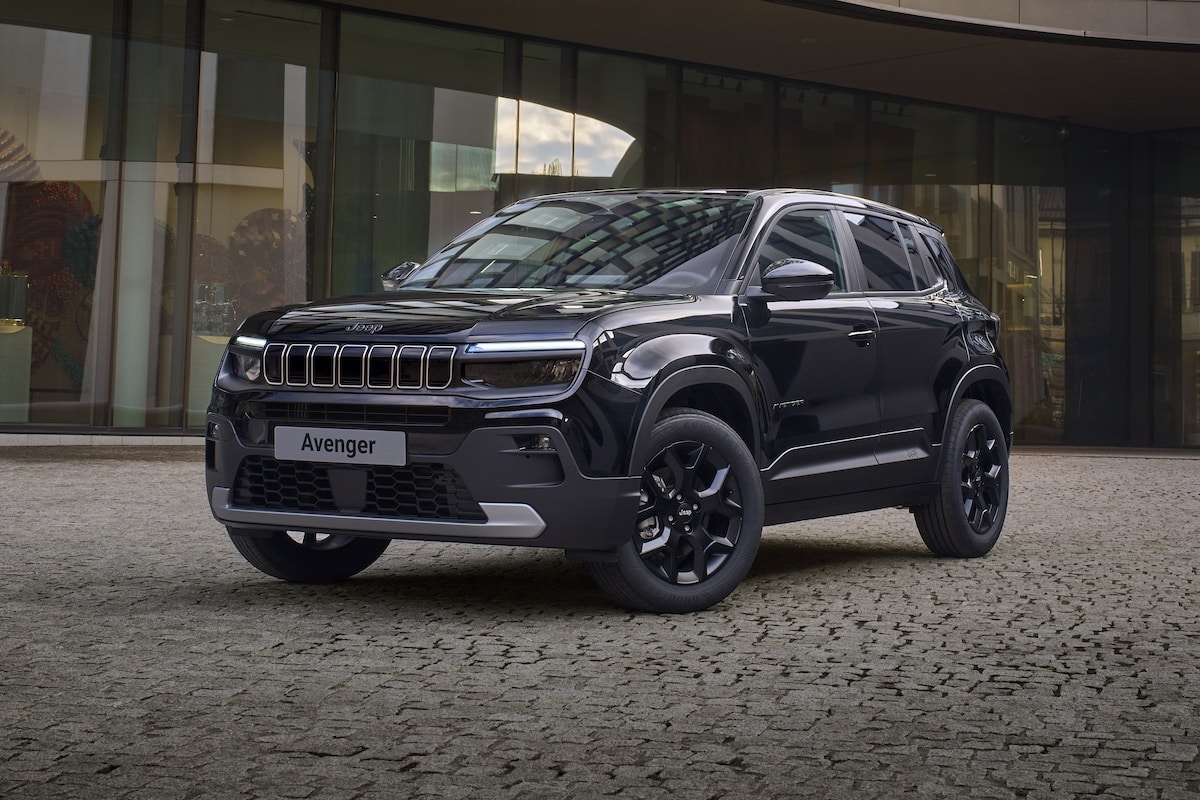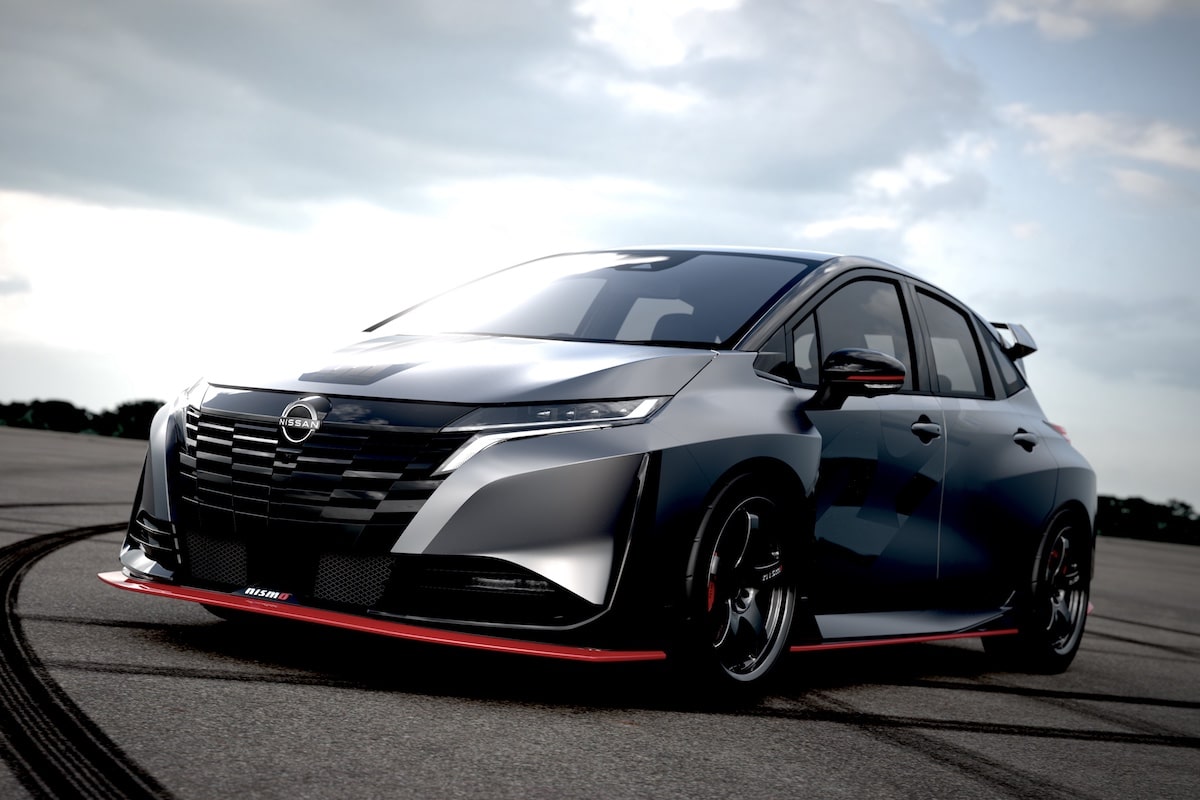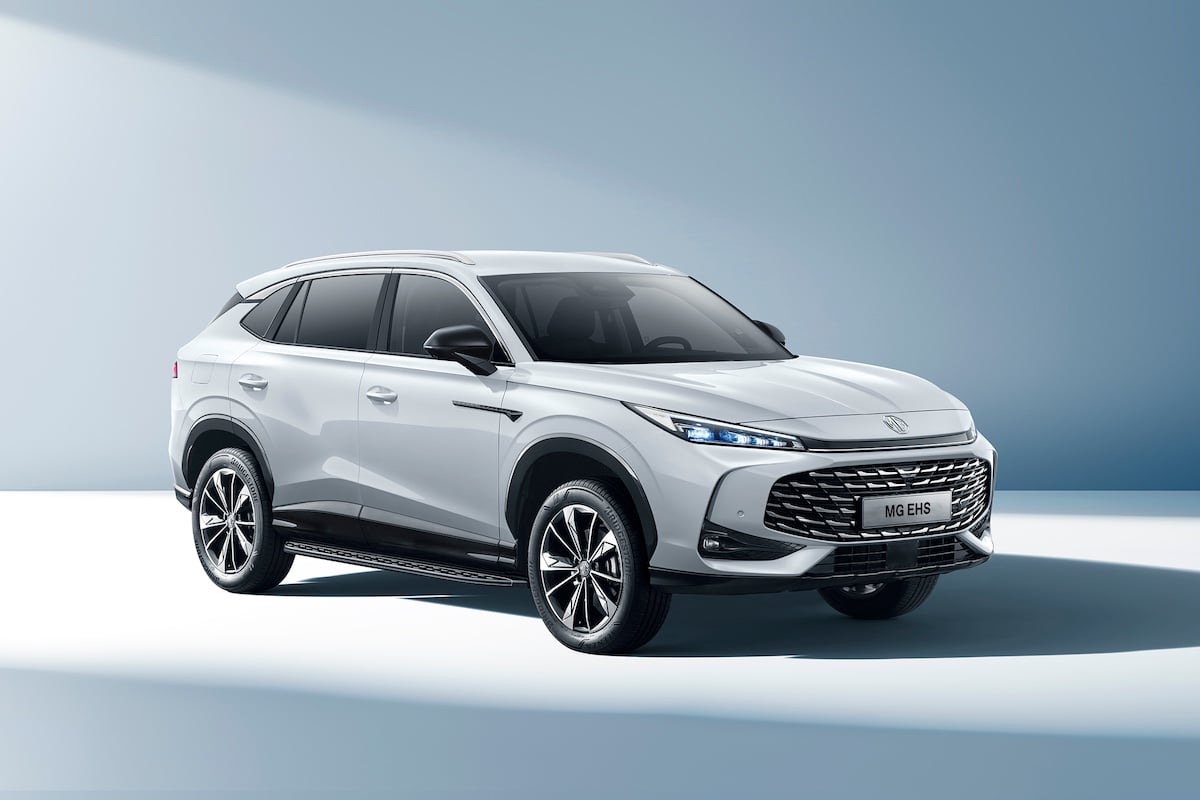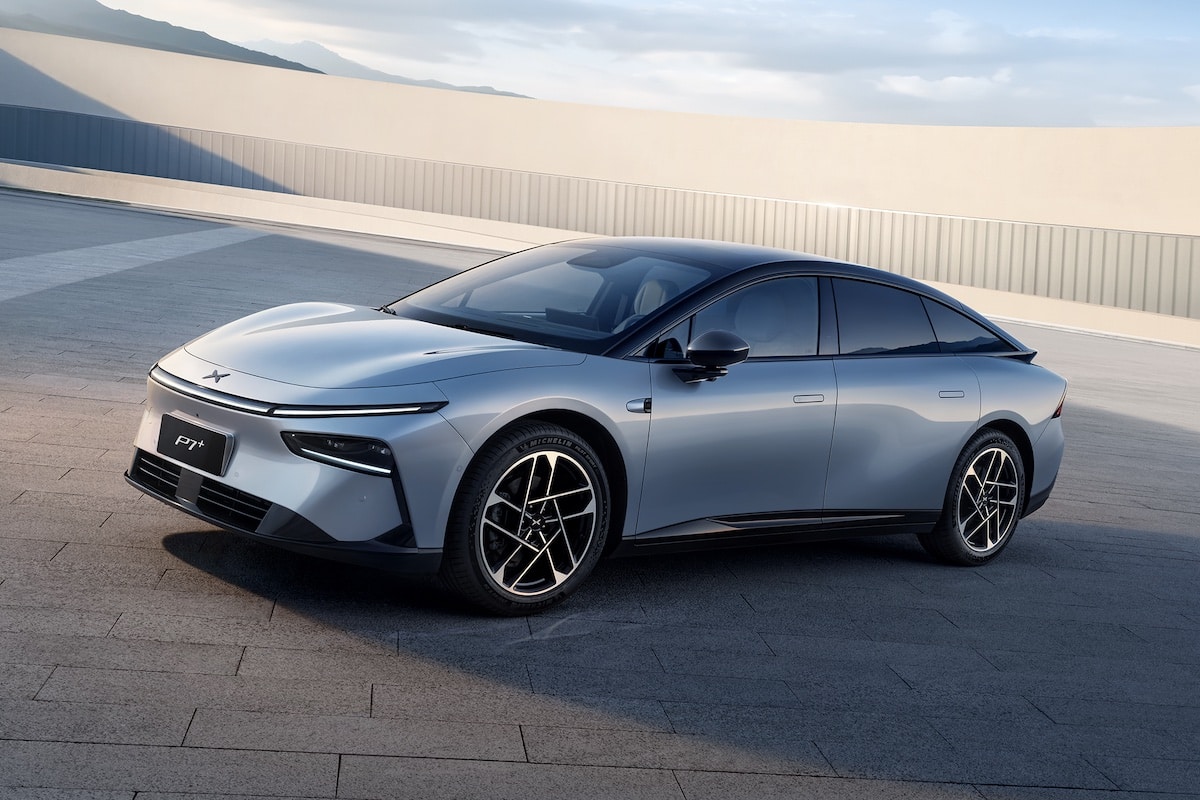It’s Opel’s turn to showcase the station wagon.
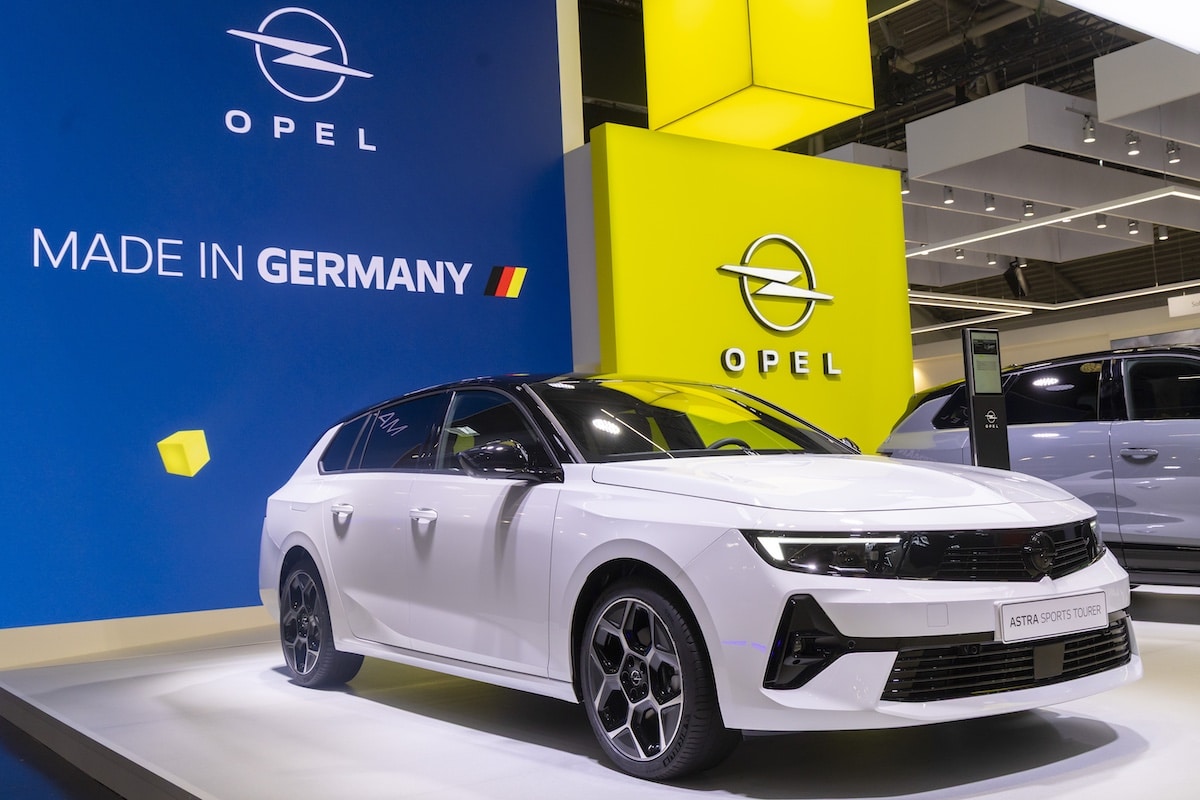
While SUVs dominate the market but face a wave of criticism, Opel revives a silhouette long acclaimed: the estate car.
At the IAA Mobility in Munich, Opel presents the Astra Sports Tourer, a model designed to combine space, comfort, and efficiency, while offering a credible alternative to the high silhouettes of the cursed SUVs.

The new generation is available in electric, plug-in hybrid, 48V hybrid, and thermal versions. This variety illustrates Opel’s strategy to allow the driver to choose the most suitable engine for their usage. The 48V hybrid version recently made headlines by covering over 1,200 kilometers on a single tank, under real traffic conditions. An independent test confirmed this endurance on more than 1,150 kilometers between Munich and Sylt.
Lower, therefore logically more practical
But beyond the numbers, the Astra Sports Tourer aims to attract with what defines the essence of an estate car: generous space and great versatility. The loading volume reaches up to 1,634 liters depending on the version, with a low loading threshold that makes it easier to transport bulky items. Inside, comfort is prioritized: ergonomically certified AGR seats, panoramic sunroof, Intelli-Lux Pixel headlights, and modern connectivity with navigation, voice control, and wireless charging.
The fully electric version boasts up to 413 kilometers of WLTP range and charges to 80% in just 30 minutes on a fast charger. Its three driving modes – Eco, Normal, and Sport – allow the vehicle’s behavior to adapt to everyday situations, from city driving to long trips.
You might be interestedin this article:
Designed and produced in Rüsselsheim, the Astra Sports Tourer proudly claims its “made in Germany” roots. Whether it’s catering to a family’s needs, supporting business travels, or tackling endurance challenges, it stands out as a pragmatic and elegant alternative to SUVs. Opel thus reminds us that the modernized and efficient estate car remains highly relevant in a rapidly evolving automotive market.
This page is translated from the original post "Au tour d’Opel de mettre le break à l’honneur" in French.
We also suggestthese articles:
Also read
